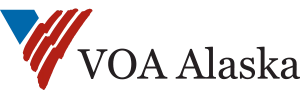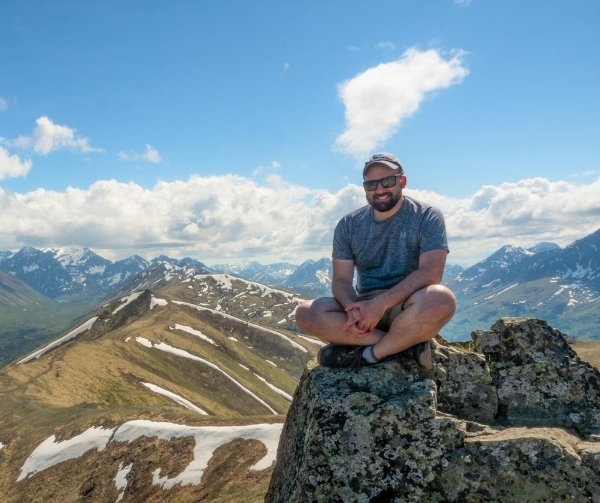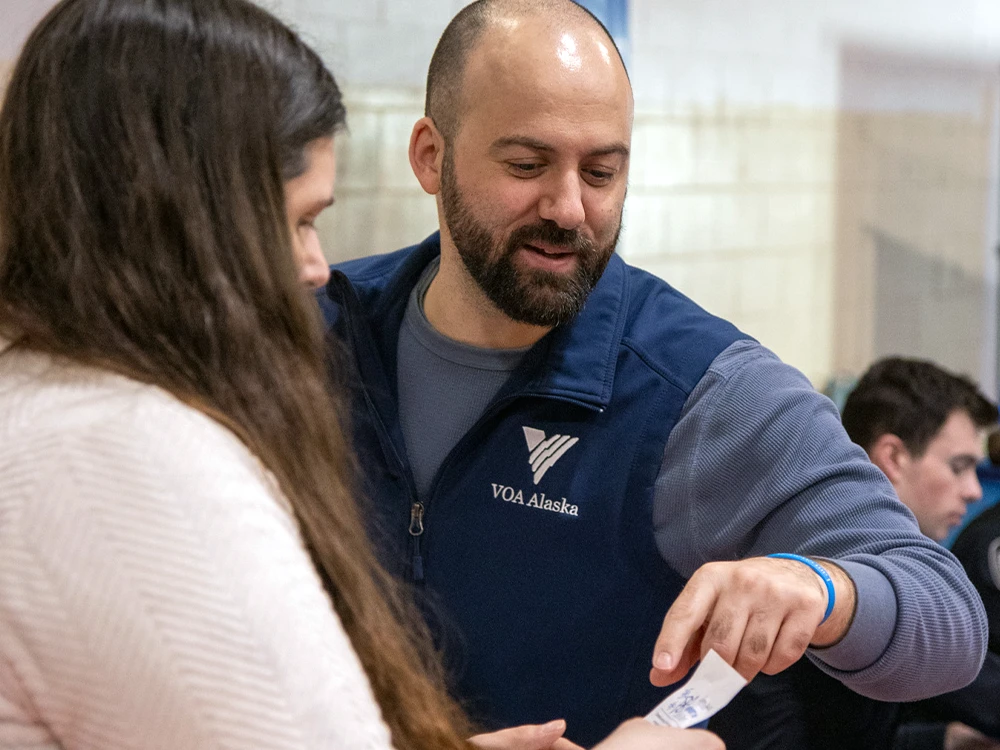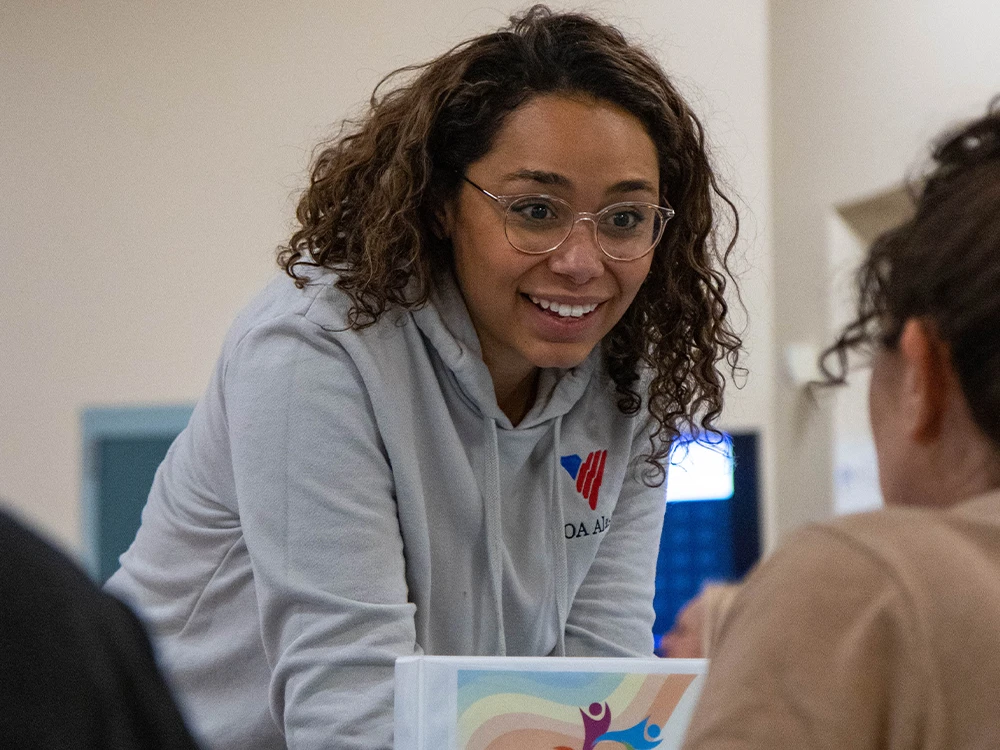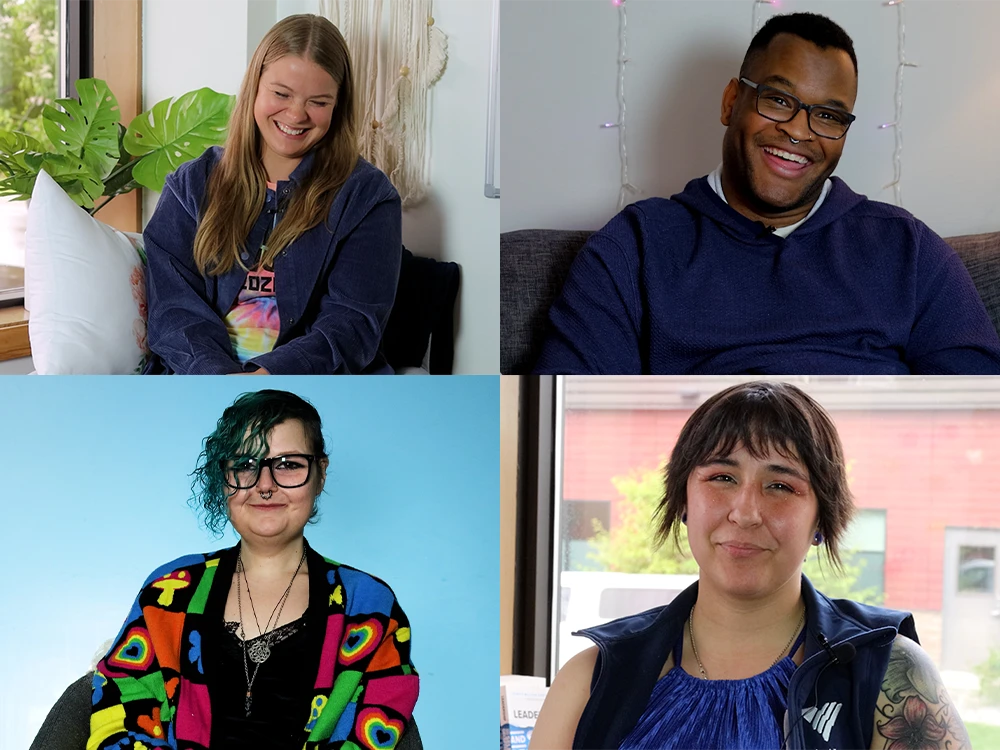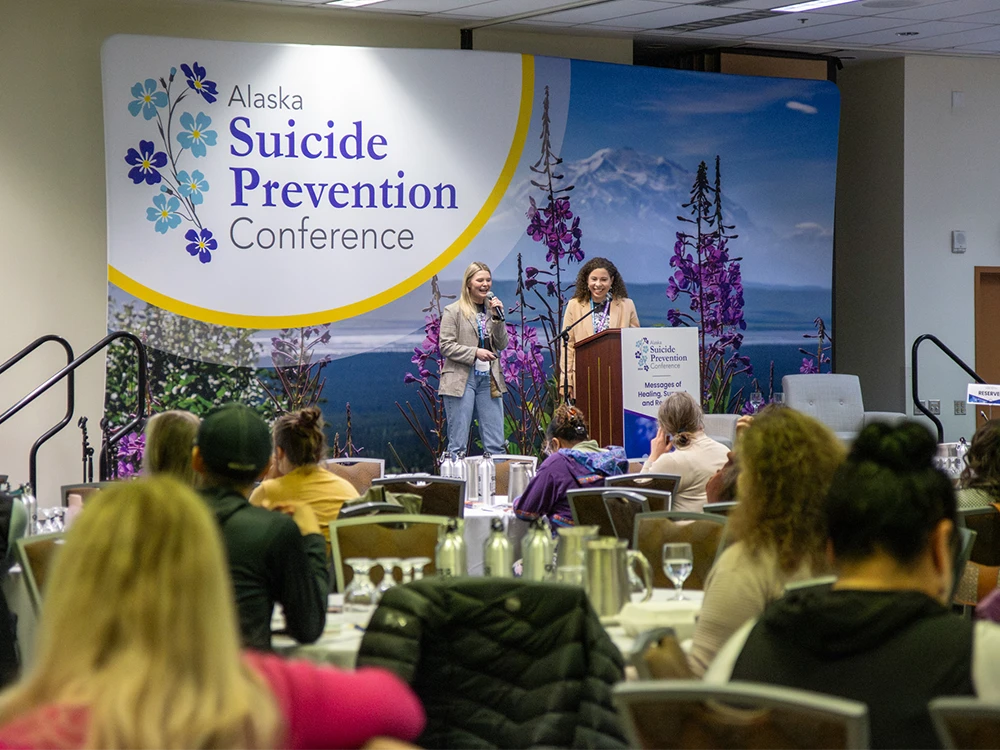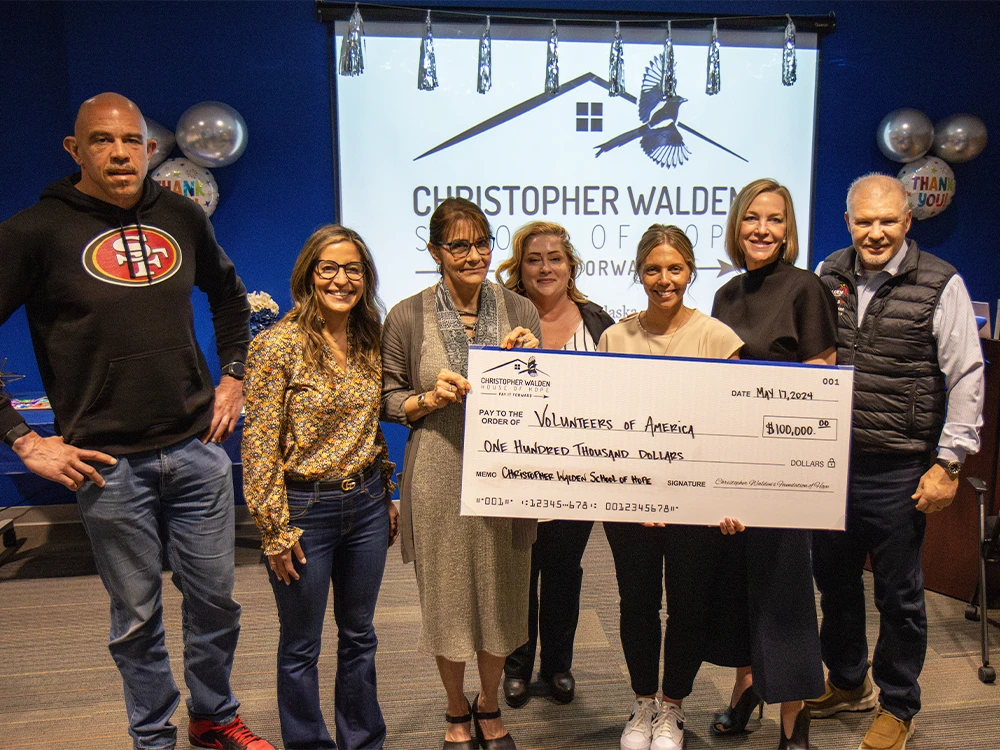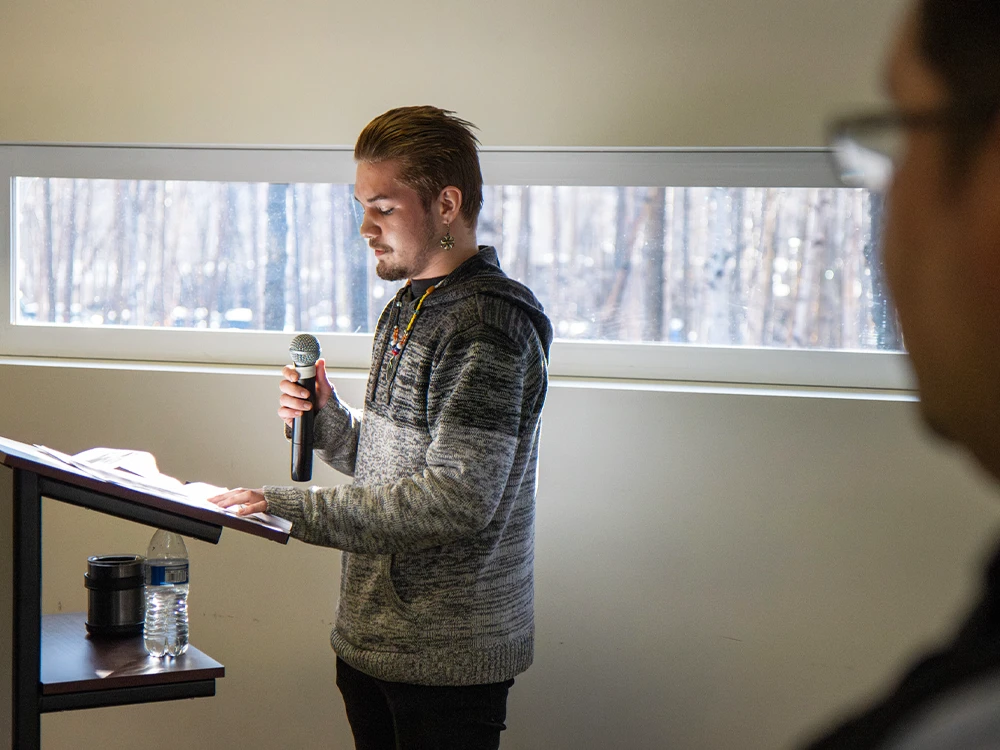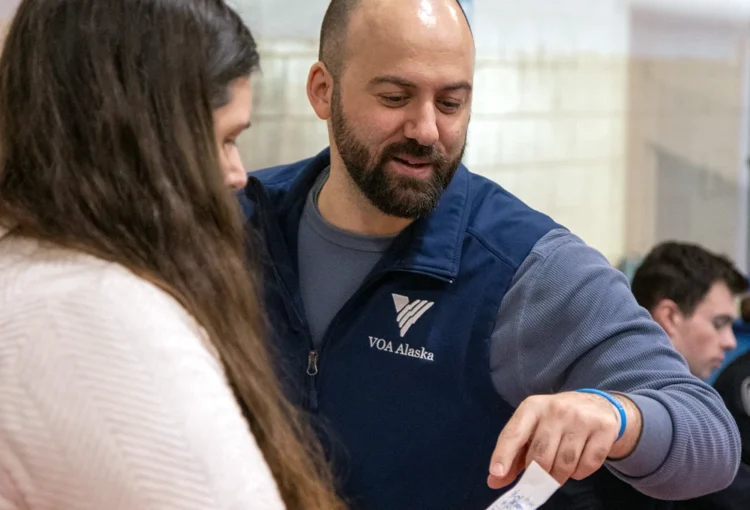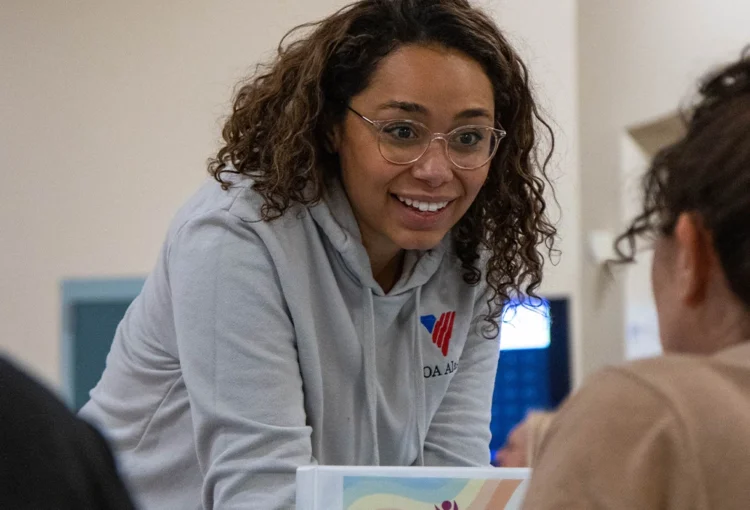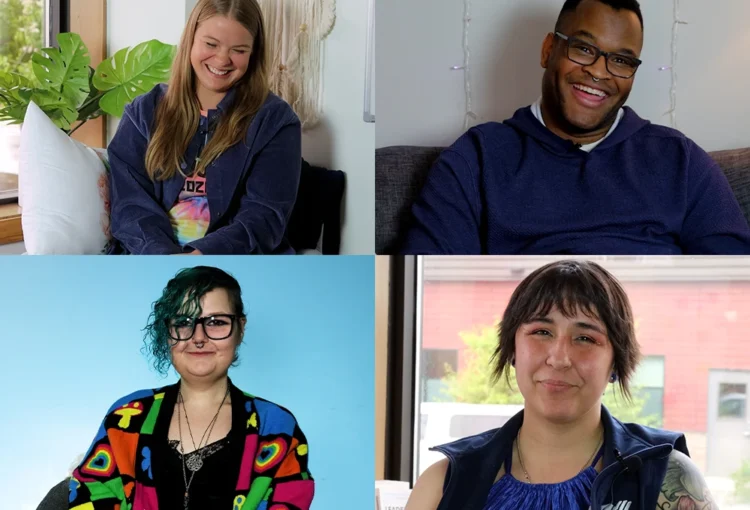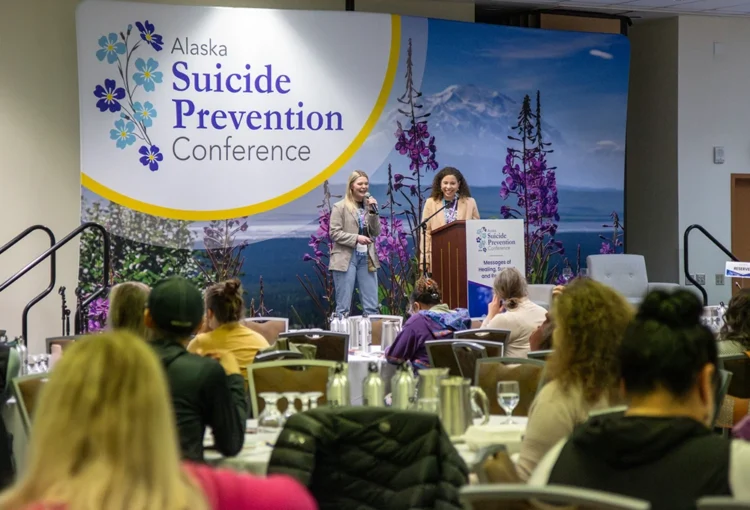Shortly after leaving the Army, and after abandoning a year’s worth of planning for a life in Colorado to study photography, I found myself washing dishes in remote Alaska. For a time, life was great. I quickly made close friends, and I enjoyed the new freedoms of civilian life—even if limited by being in the middle of nowhere.
But the dark side of being in “the middle of nowhere,” in various senses of the phrase, soon took over. I knew I had a GI Bill to use up, but even that didn’t give me proper direction because I still had to decide what to study. Photography in Colorado didn’t feel right, but what did? I had a new idea every day, and nothing stuck. In fact, that’s exactly how I felt…stuck.
Drinking helped. Or so I thought at the time. It was a good way to forget my existential crisis and my introversion and have fun with friends and strangers in the small town. But then I had a falling out with my best friend over something silly that I can’t remember now. The thin ice, already full of cracks, broke through.
Suddenly alcohol could no longer dull my mental anguish. Plus, I needed something to relieve the pain at work. I found the answer in my pocket: a razorblade I had with me every day to open and flatten countless boxes of frozen vegetables and chicken breasts. I don’t remember how it exactly started at the time, but something made me connect the slicing of boxes to the slicing of my own skin.
It began slow at first. I hid in the bathroom and pressed the tiny blade to my arm. Just a small cut. Not enough to draw blood, but enough to leave a dark red line. As the days went by, and the comforting pain of the blade numbed the unbearable emotional pain, I made more cuts and deeper cuts—but only so much to believe I wasn’t being dangerous. I wasn’t trying to kill myself, I just wanted…I don’t really know. Something else to feel?
Soon I ran out of room on my arms, so I started cutting on my thighs. It didn’t have the same feeling, but I didn’t know how to stop.
Finally, a coworker asked me about the scars. I knew there wasn’t any lie I could convince her with, so I told her the truth. She was surprisingly understanding and supportive, and having her know what I was doing and knowing that she cared about my well-being, helped me put a pause to the self-harm. I didn’t want to disappoint her.
I never cut myself again as much as I did during those weeks, but the urge to cut myself has never gone away.
A few years later, I decided to share my story on Facebook. It was the first anyone had heard of it outside of the one coworker, even my family. I received dozens of messages of encouragement and support—and it meant I had so many more people to not disappoint. But it still wasn’t enough.
Another few years later, at a time when I felt my life was on the exact right track I needed and wanted to be on, I again fell into a dark hole. But this time it wasn’t about my relationship issues or an existential crisis. I was in the middle of a summer internship in Washington D.C. at one of the largest environmental non-profits in the country. My life was as good as it had ever been.
Yet I would go back home, sit on my floor, and cry. I didn’t have a boxcutter. And I was too afraid of where using a kitchen knife would lead. So, I dug a key into my skin and slid it down my arm. It didn’t cut, but it hurt just the right amount.
When the mysterious emotions wouldn’t go away, I called my sister. Our conversation didn’t come up with any answers for me, but telling her what I was going through, and having someone know and understand on some level, made it easier to cope.
I survived the summer and left the internship feeling accomplished, ready to return home to Alaska and start a career. After some months of anxious searching, I landed a job I knew would propel me towards the life I wanted to live.
And what do you know, it still wasn’t enough to stop the darkness or the urges to cut myself. I wanted to see those scars on my arms again. But by this point, I was completely open with my sisters about my mental health, as they were with me, and they continuously encouraged me to see a counselor. Having the support of my family was helpful, but it was really shame that was keeping me from hurting myself. I need something more. I needed healing.
I’ve been visiting a counselor nearly every month for two years now. At first, we talked a lot about how I was feeling and how I was reacting to those feelings. Now I often don’t have anything to add when he asks towards the end of our long chats about work, family, hiking, and other hobbies, “And how are other things?” But sometimes I do. Sometimes I say that I still feel the darkness there. The urges find their way into the front of my mind.
But now it’s not the fear of disappointing others or shame that keeps me from acting on the urges. It’s strength and hope. It’s not always easy, but it’s always possible.
Here at VOA Alaska, my job now is to tell the story of the agency and help Alaska youth find our services so they too can start their recovery journey. I know it’s difficult. It’s hard to want to stop cutting yourself or drinking or taking drugs because the release feels so good. But that feeling is only for a moment, and it’s not a cure for what’s happening below the surface.
Support from people you trust is a great start. But getting professional help is what it took for me to finally hold a knife in my hands without wanting to slide the blade across my skin. My physical scars have long disappeared, but the mental ones are still healing. Recovery is a journey, and not always a short one.
And the most important thing to remember is, you’re not alone.
Are you ready to begin your recovery journey or help others begin theirs? Learn how at voaak.org/recovery.
